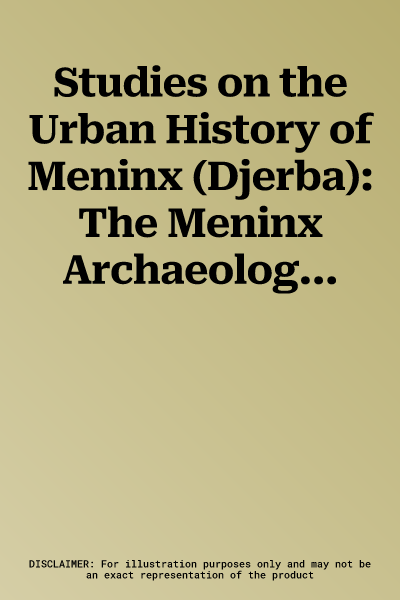Meninx was the eponymous capital of the island of Djerba in Antiquity.
The spacious seaport, situated on a protected gulf, was famous as one of
the main production centres of purple dye in the Mediterranean and
developed into one of the largest metropolises in Roman North Africa. In
2015, an archaeological research project was initiated in cooperation
between the Institute of Classical Archaeology at the University of
Munich and the Institut National du Patrimoine, Tunisia, in order to
explore the urban development of this previously little-known ancient
site. First, the internal urban structure was clarified by means of a
large-scale geophysical prospection. Then, during two field research
campaigns in 2017 and 2018, targeted excavations were carried out,
which, together with their rich and diverse finds, provided exemplary
insight into various spheres of urban life in all periods of the city's
history, from Punic times to Late Antiquity (4th century B.C. to 7th
century A.D.). In addition, underwater archaeological investigations
have for the first time shed light on the harbour facilities of Meninx.
The present volume offers a synthesis of the multifaceted results of
these investigations. lt has become clear that Meninx, with its regional
and supra-regional economic contacts, played a central role for the
island, which functioned as a hub between Mediterranean maritime trade
networks and the nearby mainland with its trading routes leading into
the Sahara. In its role as a centre of production and trade, Meninx was
strikingly different from the other Tripolitan coastal metropolises,
Sabratha and Lepcis Magna, in that urban life was entirely focused on
the sea and its resources.

